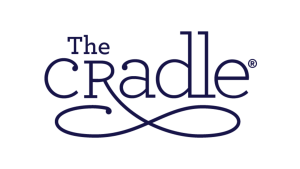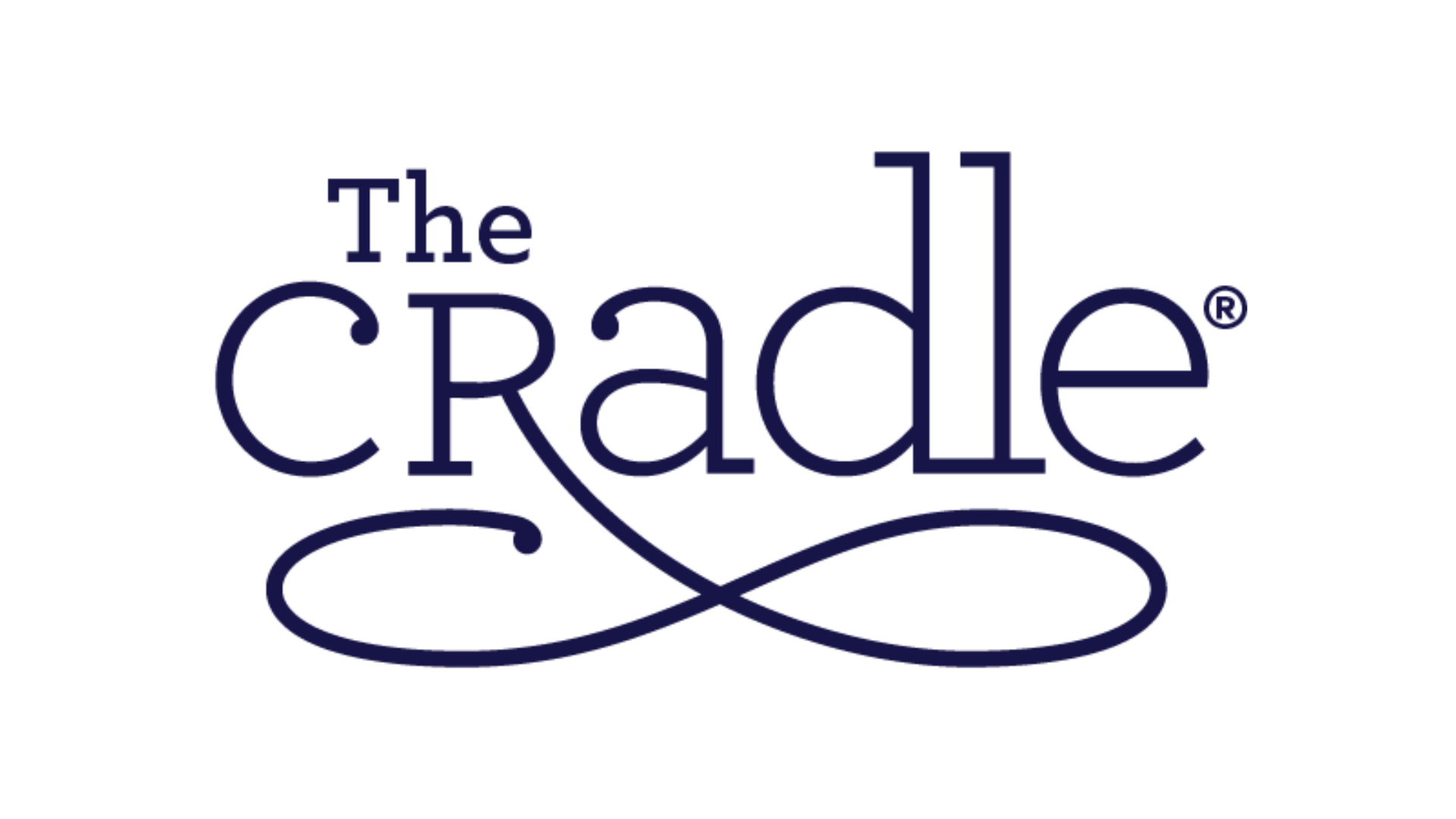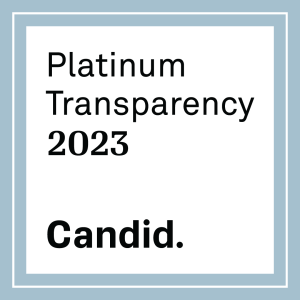Language is powerful and can shape how adoption is perceived and experienced. Learn how choosing adoption-positive language can foster respect, inclusivity and understanding.
Adoption-positive language (APL) is a way of discussing adoption that helps ensure that everyone in the adoption circle — birth parents, adoptive parents and people who are adopted — feels valued and empowered. To explore the importance of APL, Dori Fujii, Senior Therapist and Clinical Lead at The Cradle, shares her expertise.
What is Adoption-Positive Language?
Adoption-positive language emphasizes accuracy and respect. It avoids terms that carry negative connotations or unintentionally reinforce harmful stereotypes. For example, instead of saying a birth parent “gave up” their child for adoption, APL suggests “placed their child for adoption” or “made an adoption plan.”
“When we say a birth parent made an adoption plan, we’re acknowledging their care, thoughtfulness and concern for their child’s future,” Fujii said. “It reframes the narrative and promotes dignity for all involved.”
Why Language Matters
The words used by adoptive parents to discuss the birth family can profoundly shape adopted persons’ perceptions of their birth parents and adoption experience.
“Language has the power to shape relationships,” Fujii said. “By using APL, we show respect for all members of the adoption constellation and create space for more open and empathetic communication.”
Examples of Adoption-Positive Language
Adoptive families can start using APL today to foster understanding and compassion. Here are some suggestions.
| Negative Language | Positive Language | Why It’s Important |
| Given up | Placed for adoption | Highlights the birth parent’s intentional decision and acknowledges their care, thoughtfulness and concern for their child’s future |
| Real parents | Birth parents, first parents or biological parents | Acknowledges both adoptive and biological parents equally |
| Adopted child | Child through adoption | Focuses on the child as an individual, not their adoption status |
| Foreign adoption | International or intercountry adoption | Acknowledges a person’s origins without othering |
Navigating Adoption Conversations
Adoption-positive language is especially impactful in conversations with people who have been adopted. Fuji shared a common example.
Instead of saying: “Your mom gave you up for adoption because she couldn’t take care of you.”
Consider reframing it as: “Your birth mother wanted to provide you with the best care. She made the decision to place you for adoption because it was the best plan for you.”
“This shift helps children understand their story without assigning blame,” Fuji said. “It’s also important to acknowledge the historical and cultural contexts that shaped their adoption journey.”
Advocating for Adoption-Positive Language
Fuji notes that adoption-positive language is useful in situations where adoptive families interact with educators, extended family and friends. She suggests:
- Educating Teachers: Advocate for inclusive classroom activities, like alternatives to family tree assignments.
- Discussing Adoption: Share resources or handouts on adoption-positive language with loved ones to foster understanding.
- Empowering Adoptees: Help children navigate questions like “Who are your real parents?” by equipping them with thoughtful, affirming responses.
The impact of adoption-positive language is far-reaching. “Words make a difference. Even when harm isn’t intended, words can negatively impact the lived experience of adoptees and their families,” Fuji said. “By checking your assumptions and asking questions, you can help create a world where adoptees and families feel respected and included.”
At The Cradle, the focus is always on fostering healthy relationships. Fujii emphasizes the importance of starting open, respectful conversations early. “The words we choose can build bridges and open doors, or create barriers,” she said. “APL is one way we can promote healing and connection.”
The Cradle is here to help you on your adoption journey with parent resources and adoption-competent therapy services. You can request an appointment with one of our therapists through our online form or by calling us at 847-475-5800.














